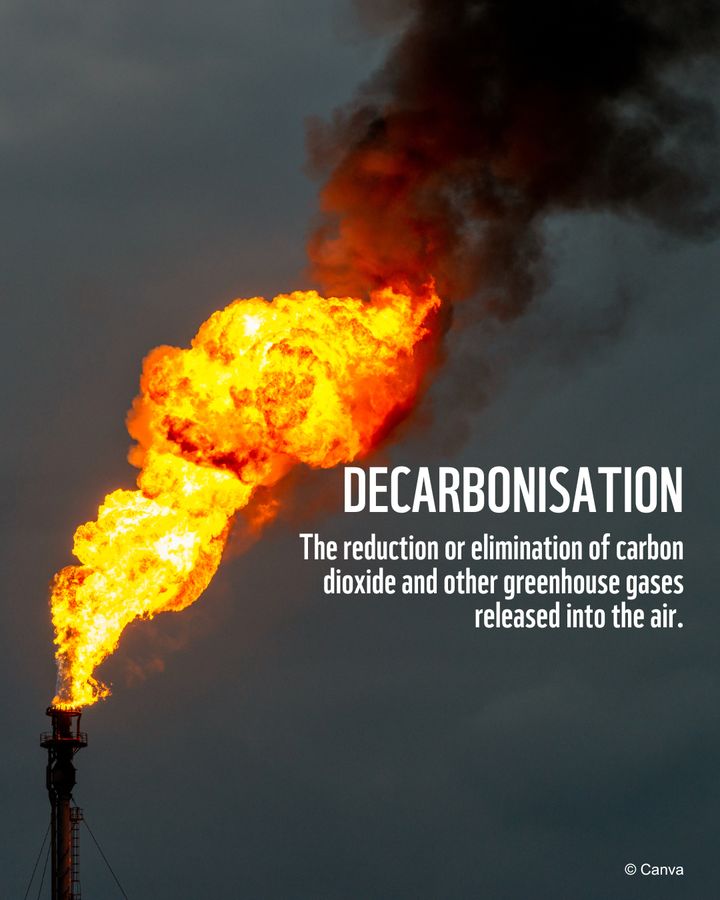The Intergovernmental Panel On Climate Change Ipcc..
| Tweet |
The Intergovernmental Panel on Climate Change (IPCC) defines decarbonisation as “the process by which countries, individuals or other entities aim to achieve zero fossil carbon existence. Typically refers to a reduction of the carbon emissions associated with electricity, industry and transport.”
This definition emphasizes the need to reach net-zero emissions to limit the worst impacts of climate change and acknowledges that achieving this goal will require significant transformations across many sectors of the economy.
In simpler terms, decarbonisation means reducing the amount of carbon dioxide and other greenhouse gases that are released into the air. This is important because these gases contribute to global warming, which can have severe impacts on the environment and human society.
The WWF-Malaysia and Boston Consulting Group (BCG) report stated that, to support progressive climate transition and to achieve Net Zero, decarbonisation across all sectors of the economy will be required.
The study also shows that Malaysia is in a strong position to leverage multiple decarbonisation technologies, such as the high potential of solar, bioenergy, and sustainable hydropower as sources of renewable energy. These efforts are necessary to achieve global climate goals and limit the rise of global temperatures to within safe limits.
To learn more about the published report entitled ‘Securing Our Future: Net Zero Pathways for Malaysia’, visit wwf.org.my/netzeromalaysia ♻️🌍 #NetZeroMalaysia
The Intergovernmental Panel on Climate Change (IPCC) defines decarbonisation as “the process by which countries, individuals or other entities aim to achieve zero fossil carbon existence. Typically refers to a reduction of the carbon emissions associated with electricity, industry and transport.”
This definition emphasizes the need to reach net-zero emissions to limit the worst impacts of climate change and acknowledges that achieving this goal will require significant transformations across many sectors of the economy.
In simpler terms, decarbonisation means reducing the amount of carbon dioxide and other greenhouse gases that are released into the air. This is important because these gases contribute to global warming, which can have severe impacts on the environment and human society.
The WWF-Malaysia and Boston Consulting Group (BCG) report stated that, to support progressive climate transition and to achieve Net Zero, decarbonisation across all sectors of the economy will be required.
The study also shows that Malaysia is in a strong position to leverage multiple decarbonisation technologies, such as the high potential of solar, bioenergy, and sustainable hydropower as sources of renewable energy. These efforts are necessary to achieve global climate goals and limit the rise of global temperatures to within safe limits.
To learn more about the published report entitled ‘Securing Our Future: Net Zero Pathways for Malaysia’, visit wwf.org.my/netzeromalaysia ♻️🌍 #NetZeroMalaysia
Source: https://www.facebook.com/wwfmy/photos/a.159457438241/1016273..
| Tweet |

Facebook Comments